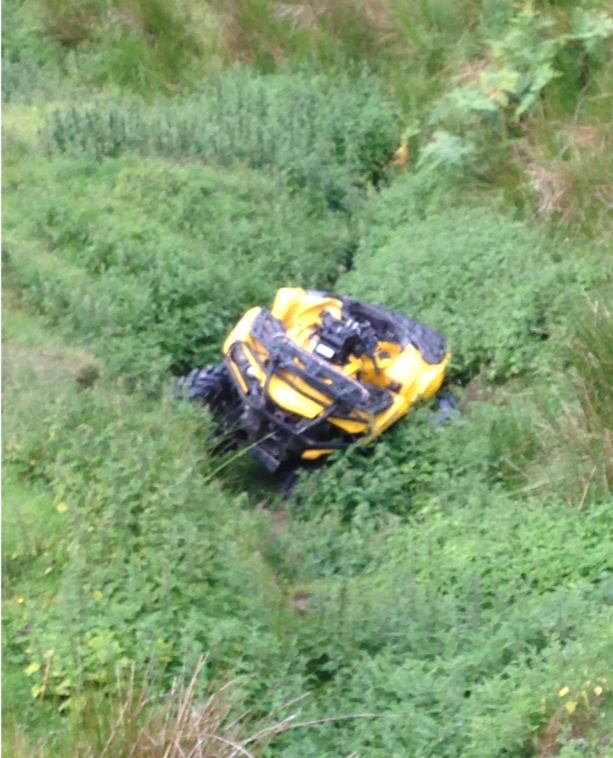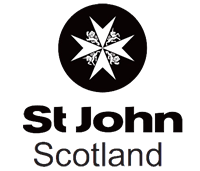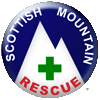As landowners and custodians, farmers are among the most likely either to suffer a mishap in a remote location or to come across someone else who has. A recent example was a 76-year-old woman who broke an ankle walking St. Cuthberts Way, and was found by the local farmer. Border Search and Rescue unit, based in Kelso have been called to numerous agricultural accidents in their area which have resulted in casualty extraction and eventual hospitalisation. It is vital in such instances that the correct procedure is followed to avoid unnecessary delay in the appropriate help arriving on site.

The Scottish ambulance service (and their English counterparts) are the first port of call for casualties where a standard road-ambulance can gain access. Away from the road, though, initial treatment, stabilisation and extraction of casualties is the domain of mountain rescue. Ambulance crews are not equipped to undertake long stretcher carries. In the UK, Mountain rescue teams are deployed by the police. Calling for an ambulance in such instances can lead to avoidable delay, and if you or anyone else requires emergency medical attention or rescue out in the countryside, the following procedure should be used:
Call 999
Ask for “Police, Mountain Rescue”
You’ll be asked a series of questions by the call-handler such as number, age, gender and location of casualties, so it helps to have this information ready if possible. A grid reference is the gold-standard location information, but this is seldom easy to come by in a hurry. The phone app “What 3 words” is a valuable tool for giving a precise location, but EXTREME care must be taken when providing the three words, as the smallest of errors can locate your position on the other side of the world. If using What 3 Words, always ask the call-handler to spell back the three words you have provided.
It’s a good idea to stay with the casualty if you can, to provide comfort and reassurance and also to alert 999 if their condition deteriorates suddenly. If someone else can meet the mountain rescue team at the closest road access to guide them to the casualty, so much the better. When deploying mountain rescue, there is an inevitable delay, so keeping the casualty warm is a priority. If they have fallen from a height (or a horse), it may be very dangerous to move them in any way. 999 call-handlers and dispatchers are trained to a very high standard, and will be able to advise you on what to do. Stay calm, give concise and accurate information and remember, if it’s away from the road, ask for “Police, Mountain Rescue”
Article written by Border Search and Rescue Unit. For more information, or to donate towards the team’s new base, please visit www.bordersar.org.uk or google BSARU.


